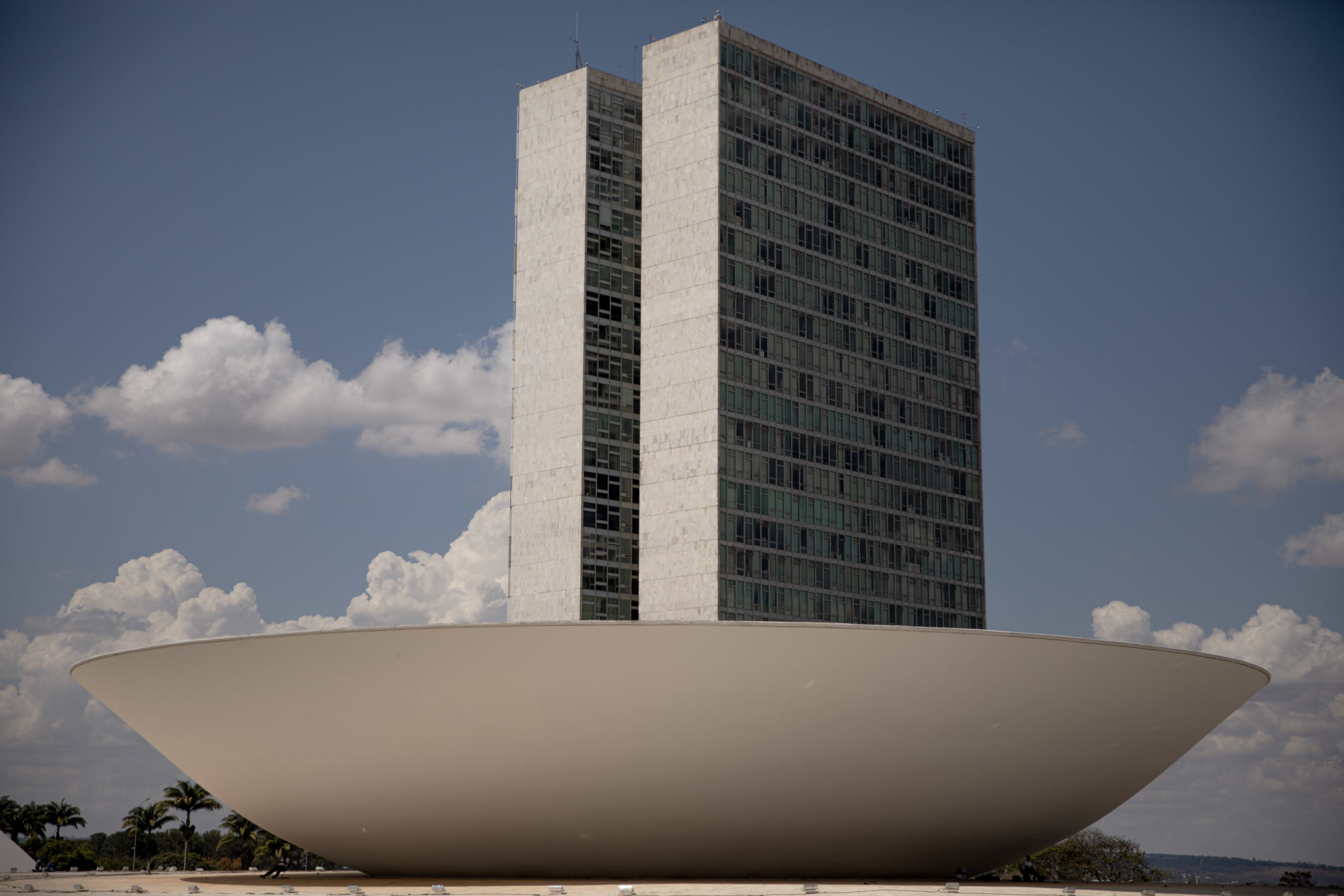The dynamics of ultraconservatism in Brazilian Congress and its religious connections
Ties between ultraconservative Catholics and Evangelicals are strengthening a common agenda that affects public policies in areas such as gender, education, and security
 Vista do prédio do Congresso Nacional. Foto: Joédson Alves/Agência Brasil/Arquivo
Vista do prédio do Congresso Nacional. Foto: Joédson Alves/Agência Brasil/Arquivo
There is a strategic alliance between ultraconservative Catholics and Evangelicals in Brazilian Congress, consolidating a powerful front that unites the two largest religious segments in the country around common topics. These agendas include anti-gender policies, education, and public security. This convergence is not restricted solely to members of parliament directly connected to these religions – rather, it expands with the adherence of other politicians who, though lacking a formal or self-declared religious connection, demonstrate loyalty to the ultraconservative agenda.
These dynamics are highlighted in the report entitled “Religion and the Continual Mobilization of the Far Right” (in a free translation), published by Otros Cruces with support from Conectas under the Human Rights and Religion Observatory (ORDH, acronym in Brazilian Portuguese). The study reveals how individuals connected to the Catholic and Evangelical churches have employed religious narratives to drive ultraconservative forces forward in the Brazilian political scenario. According to the report, religion is used as an axis of legitimacy and connection between several conservative and far right groups.
In Congress, religious ultraconservatism has revealed itself as an obstacle to the progress in agendas defended by the federal government, with intense lobbying around “penal populism” and moral issues.
Read more
The survey, which monitored 11 Catholic and Evangelical members of congress, was oriented around two questions: how does religion contribute to the far right’s mobilization capacity? What are the challenges that these mobilized forces represent to the human rights agenda? The report indicates a minimum combo responsible for producing cohesion among militants and for attracting attention to its agenda.
These are the main topics in the agenda:
Anti-Gender Policies: The agenda includes the rejection of sexual diversity, anti-trans assaults, and the opposition to abortion as a right. These policies are upheld by the defense of traditional family values, based on a Christian, bourgeois and monolithic model, which excludes other family configurations and imposes a restricted understanding of sexuality.
Education: Directly connected to the anti-gender agenda, education is seen as an extension of moral and religious values within families, with a strong opposition to what is referred to as “gender ideology”. This vision defends that family should be the only valid source for the education of children and adolescents.
Public Security: The conservative agenda in public safety attempts to secure individual rights and freedoms in a contradictory manner, claiming them for some while attempting to restrict them for others. In the Brazilian setting, this agenda includes the defense of reducing the minimum age of criminal responsibility, liberating the use of firearms by the population, drug restriction policies, and greater freedom for State security forces.
The aforementioned agendas have provided the religious far right with the capacity to remain a protagonist in public debate. Using controversy as a tactic, it often forces progressives into a reactive stance in the political chessboard. In a scenario where democracy’s contradictions are increasingly evident, the rise of conservatism and its weaponization of religion become a challenge to maintaining and moving forward with the human rights agenda, as well as the maintenance and deepening of democracy itself.






